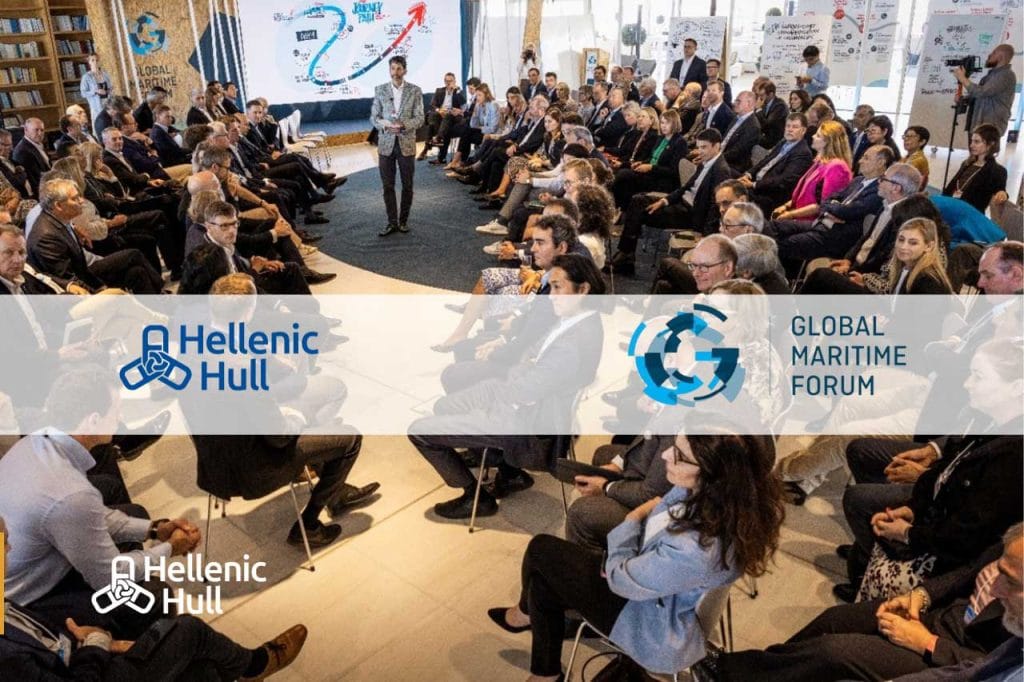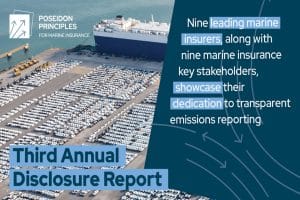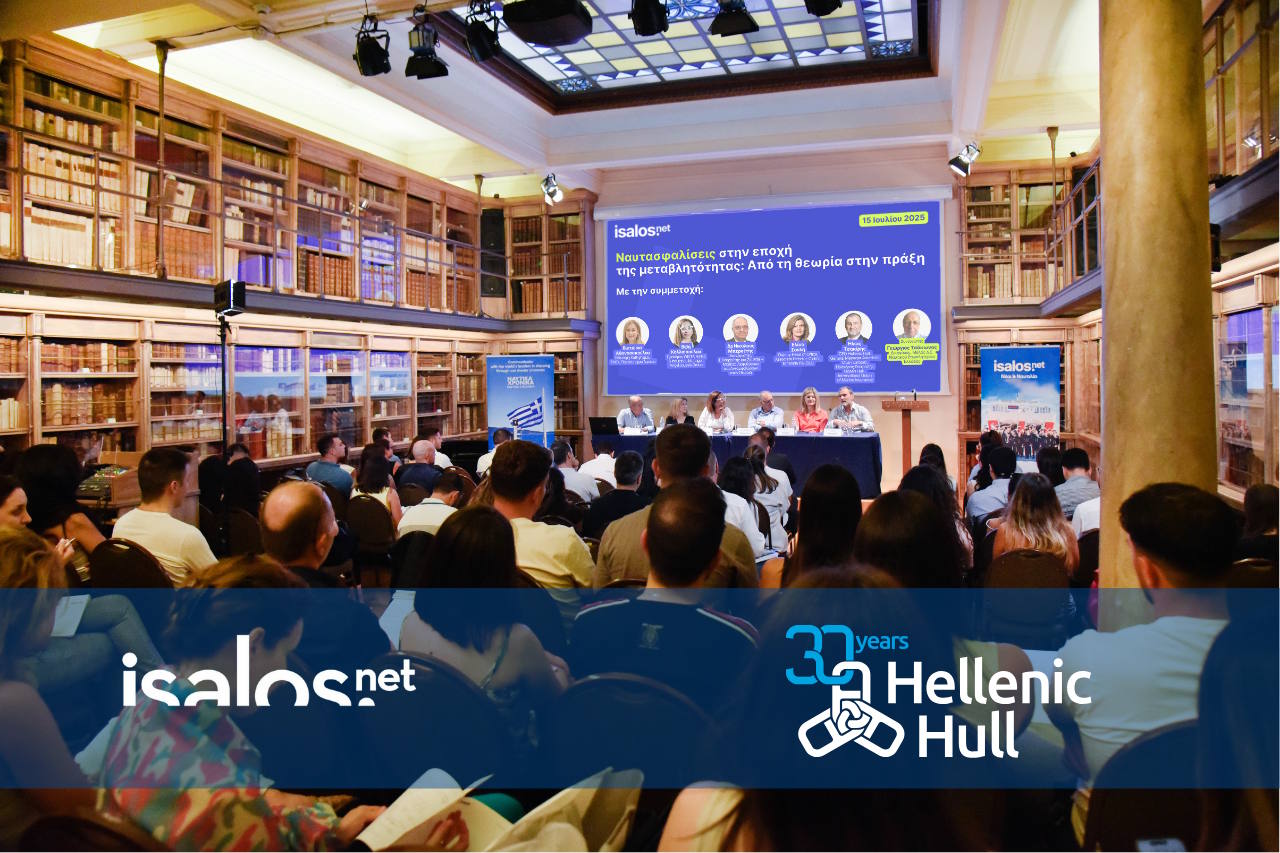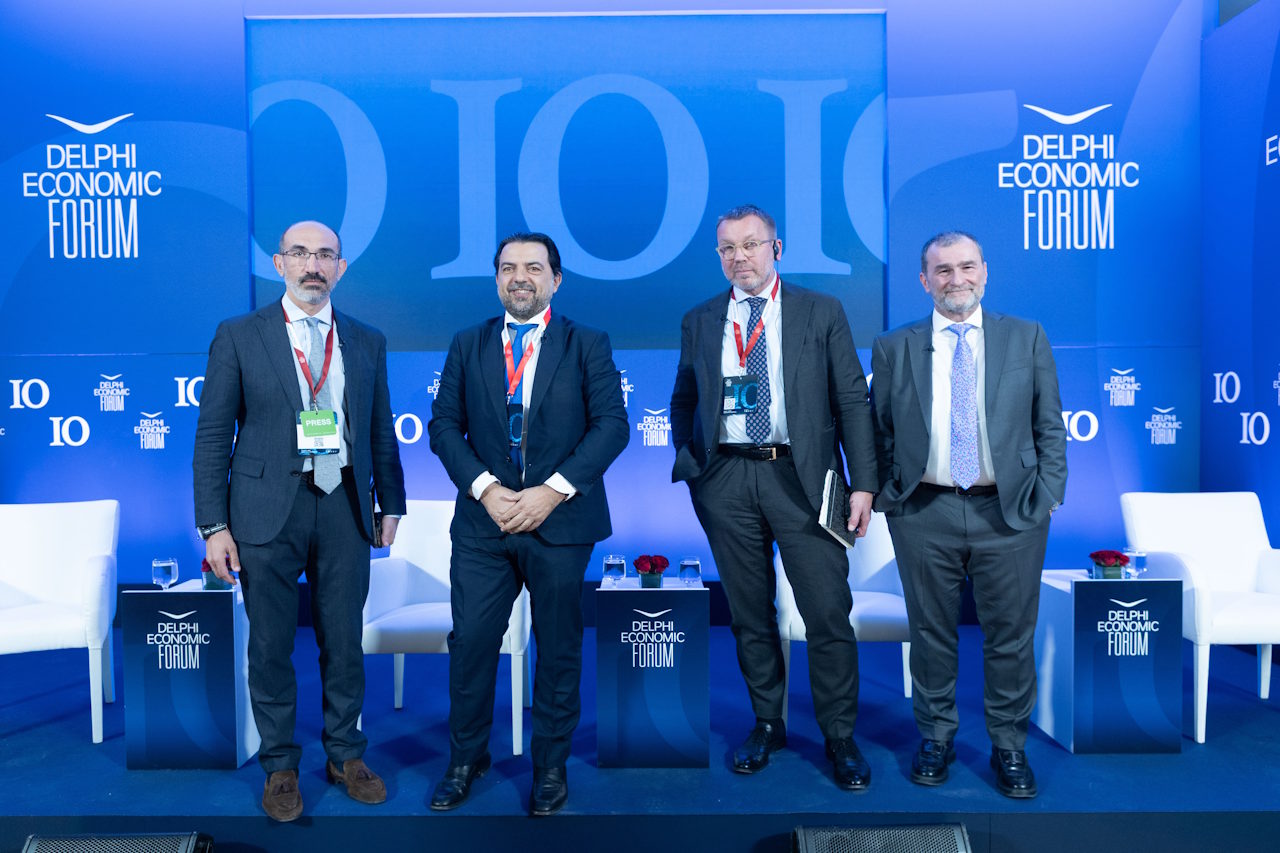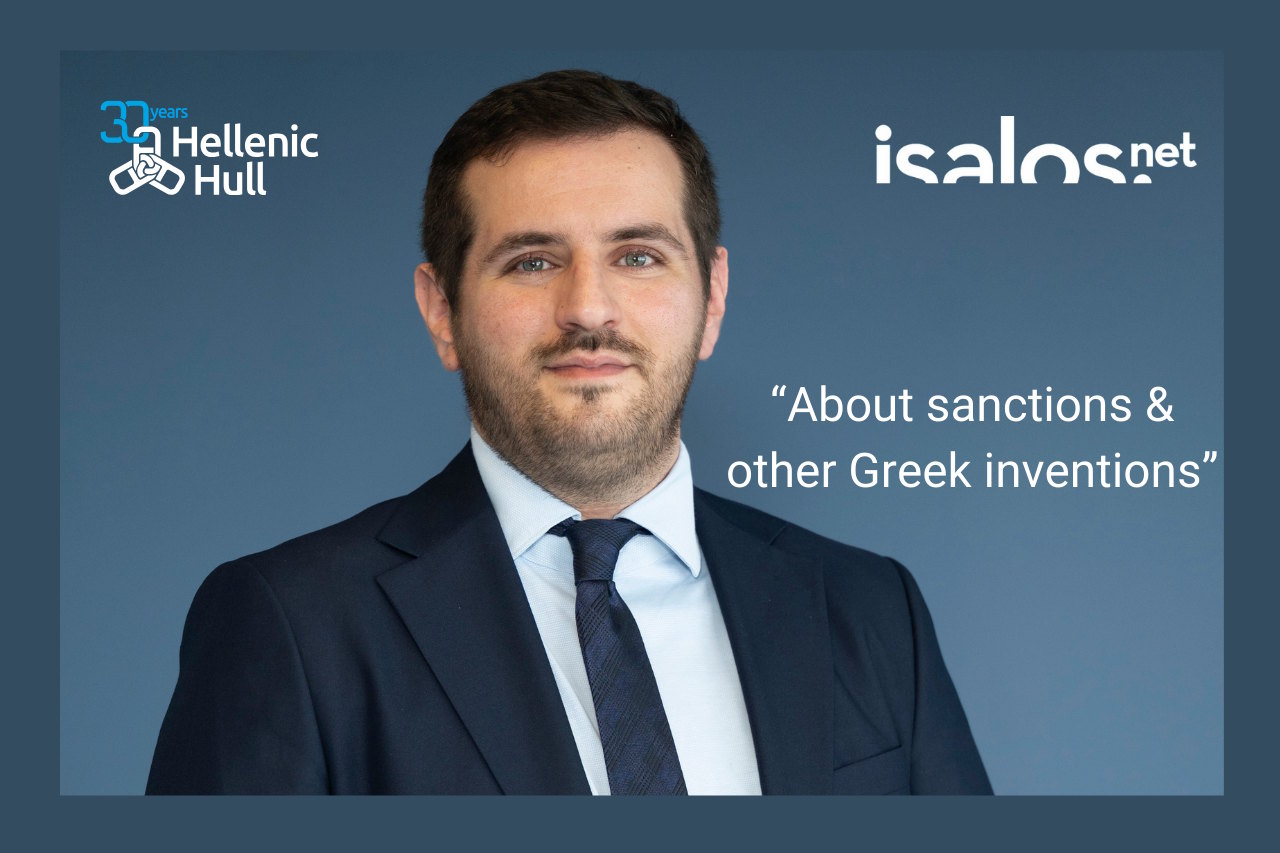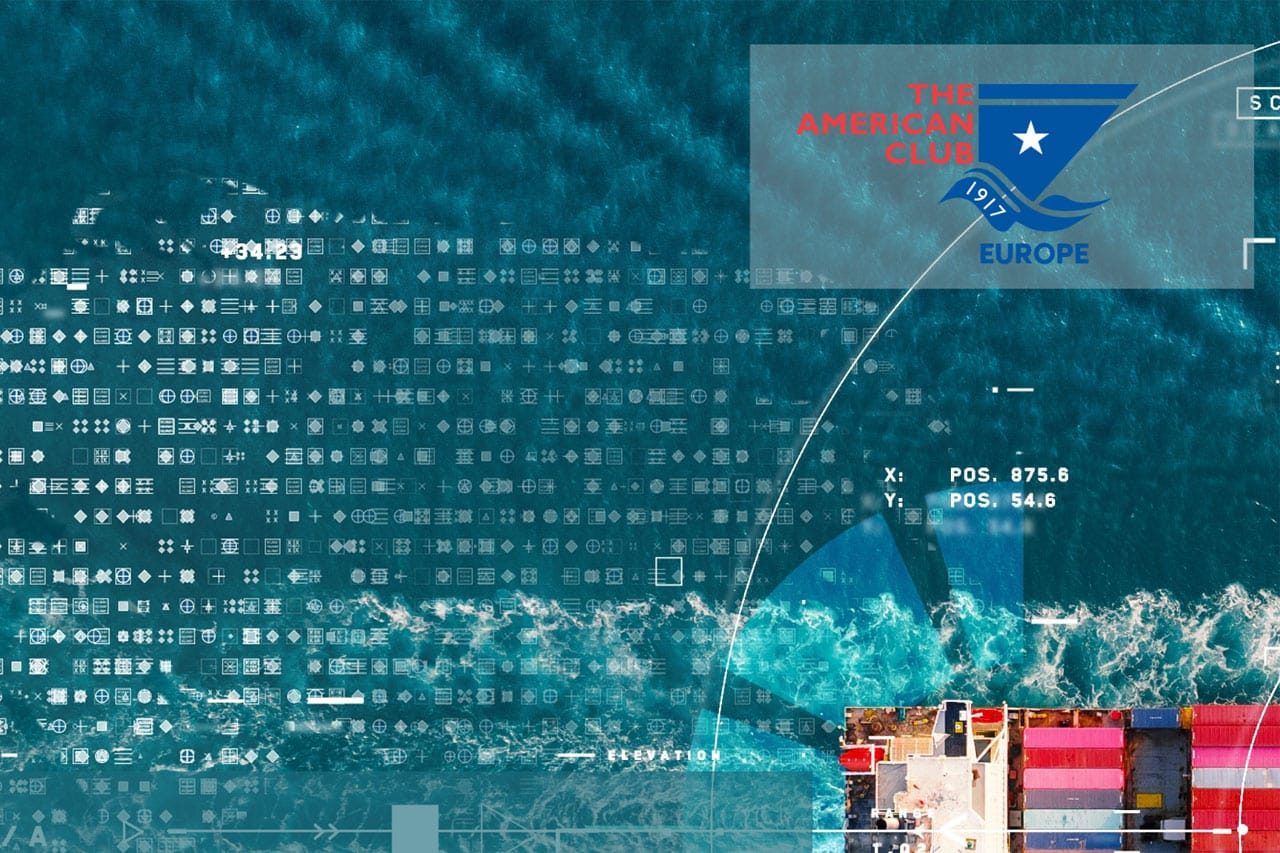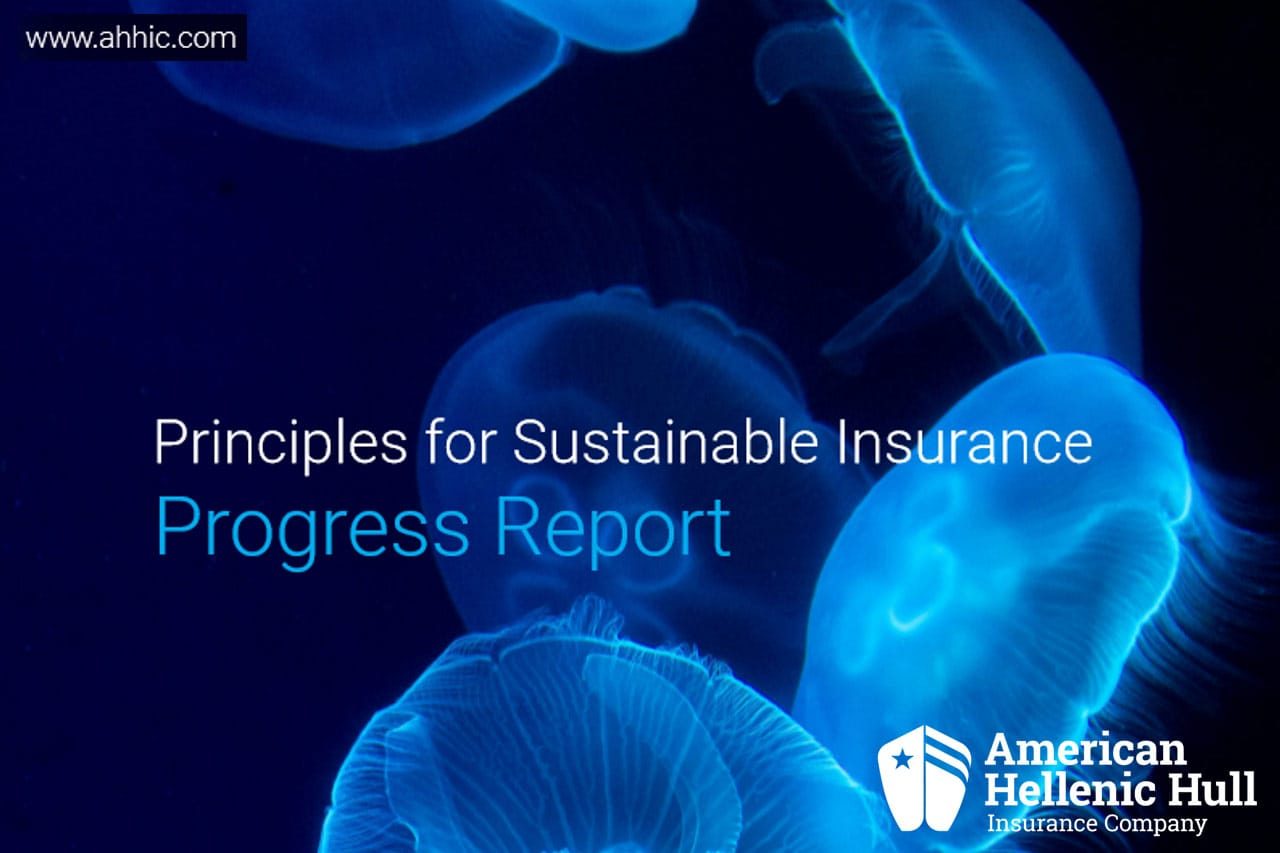Ilias Tsakiris, CEO of HMA, joined around 200 fellow c-suite leaders to take stock of the maritime sector’s progress toward a zero-carbon future and plot next steps for furthering decarbonisation and ensuring that shipping is equipped with the workforce and technologies it will need in the future.
The Global Maritime Forum Annual Summit 2023 found many in the maritime sector and beyond feeling optimistic about the clarity provided by the International Maritime Organization’s (IMO) revised greenhouse gas strategy adopted in July. All agreed, however, that turning the IMO’s goals into concrete actions will require addressing a number of interconnected challenges, few of which have easy solutions.
Over the course of two days, participants worked closely together to find collective approaches to issues including how to share the cost of decarbonisation with customers, improving data transparency and sharing, operational efficiencies that can immediately lower emissions, shipping’s role in the burgeoning hydrogen economy, and building the workforce of the future.
“The key word? Co-creation! It's becoming more evident to us that no lone individual, no sole organization, and not even one nation can achieve this in isolation. True progress necessitates collaborative actions, within the shipping industry.”
Greek shipping minister says governments are ready to help
In addition to the small working group sessions, participants also heard from the newly-appointed Greek minister of shipping, Christos Stylianides, who said that there is political will to support the industry’s energy transition.
“It is a moral and political imperative to work together. The industry needs collaboration towards concrete actions. It is true, however, that governments constitute an important part in this effort. The industry cannot achieve its goals or reach its targets without strong government support. We – politicians - need to create a predictable environment which will promote investments in greener and more energy efficient technologies,” Stylianides said.
Mr. Tsakiris also participated in discussions with thought-provoking outside voices, like Daniel Susskind, who referred to the role of AI in shipping, and Martin Kalungu-Banda, who addressed the importance of listening and led participants on a dialogue walk through the rooftop garden of the Stavros Niarchos Foundation Cultural Center. Sophie Howe, the world’s first commissioner for future generations, challenged participants to factor human well-being into decision-making and take big risks that can lead to radical change. “If people aren’t laughing at your goals, you’re not ambitious enough,” she said.
“Discover the Power of Transparency and Emissions Reporting in Driving Decarbonisation and Informed Business Decisions” side event at Piraeus Marine Club.
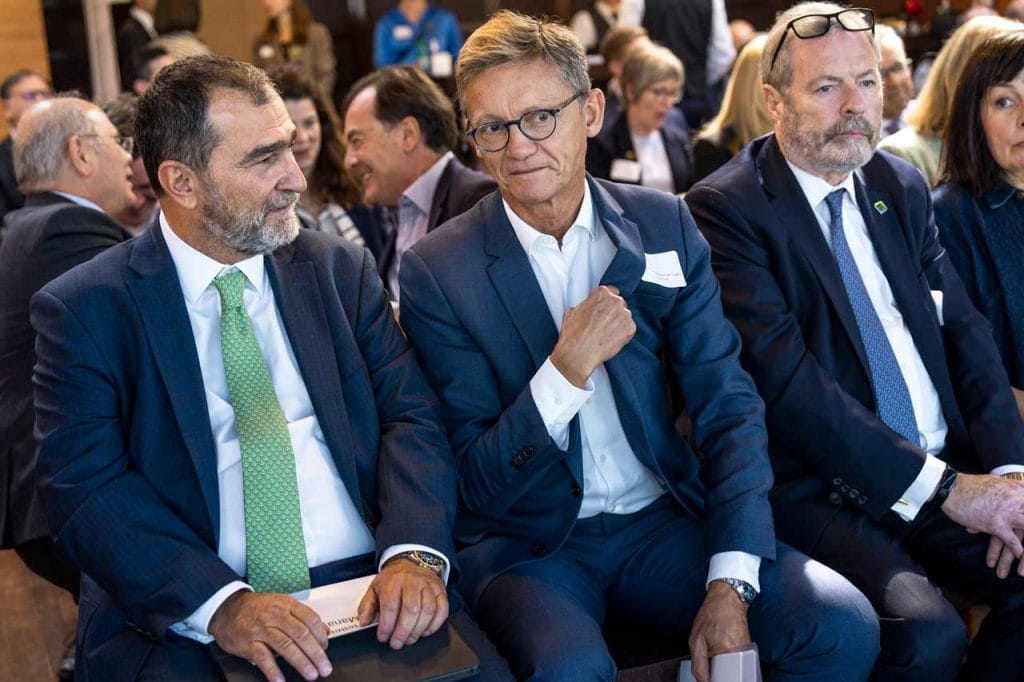
Ilias Tsakiris, Hellenic Hull Management (HMA); Matthieu de Tugny, Bureau Veritas Group; Michael Parker, Citi, Chair of the Poseidon Principles; Patrizia Kern-Ferretti, Swiss Re Corporate Solutions, Chair of the Poseidon Principles for Marine Insurance; Eman Abdalla, Cargill, Vice Chair of the Sea Cargo Charter.
The Poseidon Principles for Financial Institutions, Poseidon Principles for Marine Insurance, and the Sea Cargo Charter initiatives have united their efforts for the very first time.
With the support of Hellenic Hull, the initiatives co-hosted an event in Piraeus, Greece, in conjunction with the Global Maritime Forum Annual Summit, with the goal of advancing transparency and fostering the decarbonisation of the shipping industry. This event has garnered enthusiastic support from various stakeholders.
Hosted by the Global Maritime Forum, the Poseidon Principles for Financial Institutions and Marine Insurance and the Sea Cargo Charter provide a global framework for responsible shipping and transparent climate reporting, aligning shipping activities with international climate ambitions and corporate objectives. Their 85 members work collectively with clients and shipowners to access, understand and report on their emissions data.
“This event facilitated interactive dialogues during two engaging sessions. The insights and discussions about data sharing and reporting were immensely valuable. I strongly believe such actions provide an essential platform for disseminating knowledge across the broader maritime industry and involving all stakeholders in the ESG journey. I am enthusiastic about planning similar meetings in the near future to continue sharing our collective dedication in combating climate change within the maritime industry,” said Ilias Tsakiris, CEO of HMA.
Key players in the maritime industry, from charterers to shipowners, financiers to insurers, and brokers connected in the event held at Piraeus Marine Club, gaining insights, sharing best practices, exchanging ideas on emissions reporting and its game-changing benefits and exploring prospects in Greece, Cyprus, and Europe.
Hellenic Hull is among the founding members of the Poseidon Principles for Marine Insurance
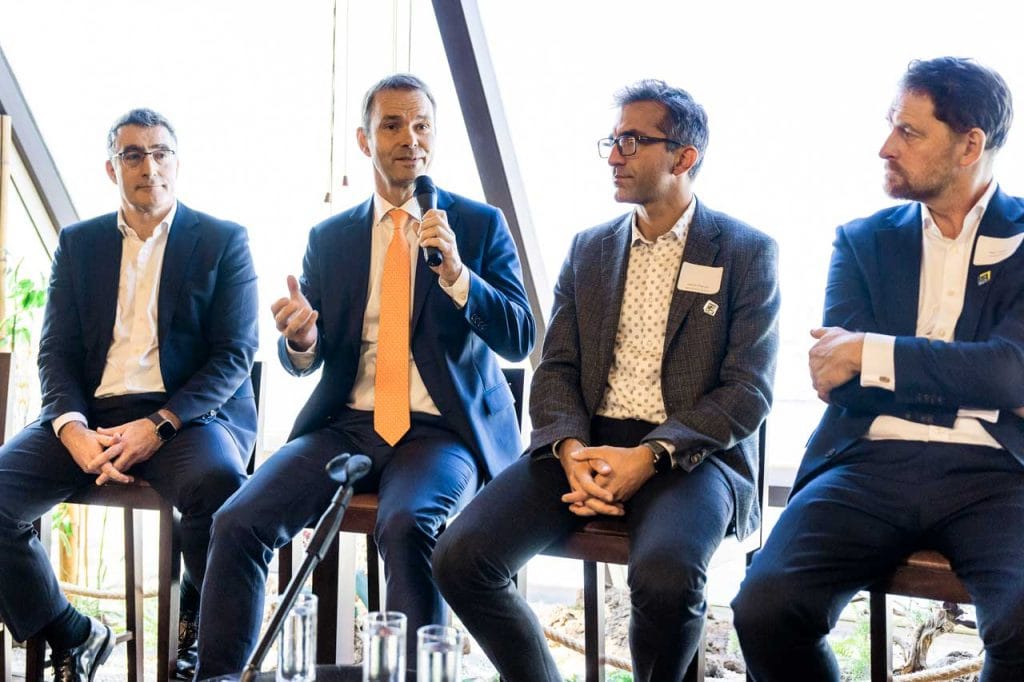
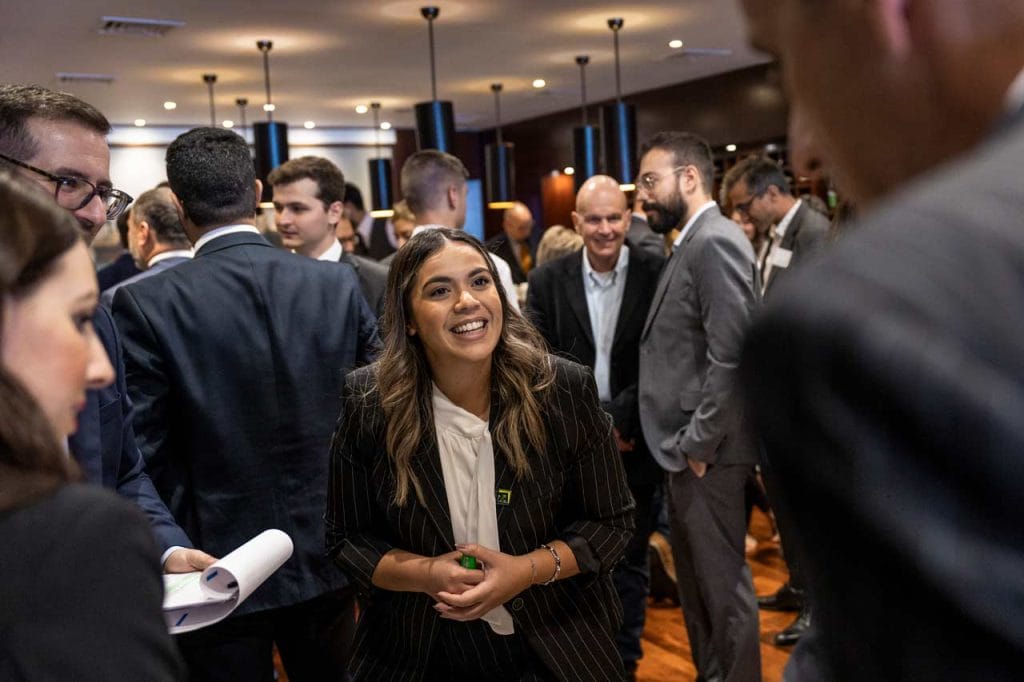
Concrete initiatives launched at the Global Maritime Forum Annual Summit
The Summit was about much more than dialogue, however. Several side events highlighted Global Maritime Forum-led industry initiatives to reduce emissions, improve working conditions at sea, and foster the next generation of maritime leaders.
The Getting to Zero Coalition, UMAS and Race to Zero released the joint report ‘Climate Action in Shipping, Progress towards Shipping’s 2030 Breakthrough’. It found that while it is possible to achieve shipping’s breakthrough target of scalable zero-emission fuels accounting for 5% of international shipping fuels by 2030, the window of opportunity will close soon. According to the report, rapid action is required from the industry in order to hit that target.
Thirty leading maritime companies issued a joint ambition statement on operational efficiencies, pledging to adopt vessel optimisation strategies that can decrease annual fuel consumption by 20%, reduce annual emissions by more than 200 million tonnes of CO2, and enable the uptake of more expensive, scalable zero-emission fuels in the long run. Read more here.
The All Aboard Alliance unveiled its Diversity@Sea pilot initiative, a collaborative effort involving 11 prominent companies focused on testing strategies to enhance inclusivity and appeal for all seafarers. The event featured a panel discussion with Captain Peter Hackett from BP and Joanna Lali, a Crew Operator and D.E.I. Officer at Dorian LPG, moderated by Susanne Justesen, Program Director, Global Maritime Forum. You can see a short video of the launch here and read more about the Diversity@Sea pilot here.
The Annual Summit also laid the groundwork for a new future maritime leaders network. The three young winners of the Global Maritime Forum’s Future Maritime Leaders essay competition presented an ambition statement on behalf of the network, calling on the industry to improve its efforts in education and inclusivity. Read their ambition statement here.
It was announced at the conclusion of the event that next year’s Global Maritime Forum Annual Summit will take place in Tokyo, 15-17 October.
